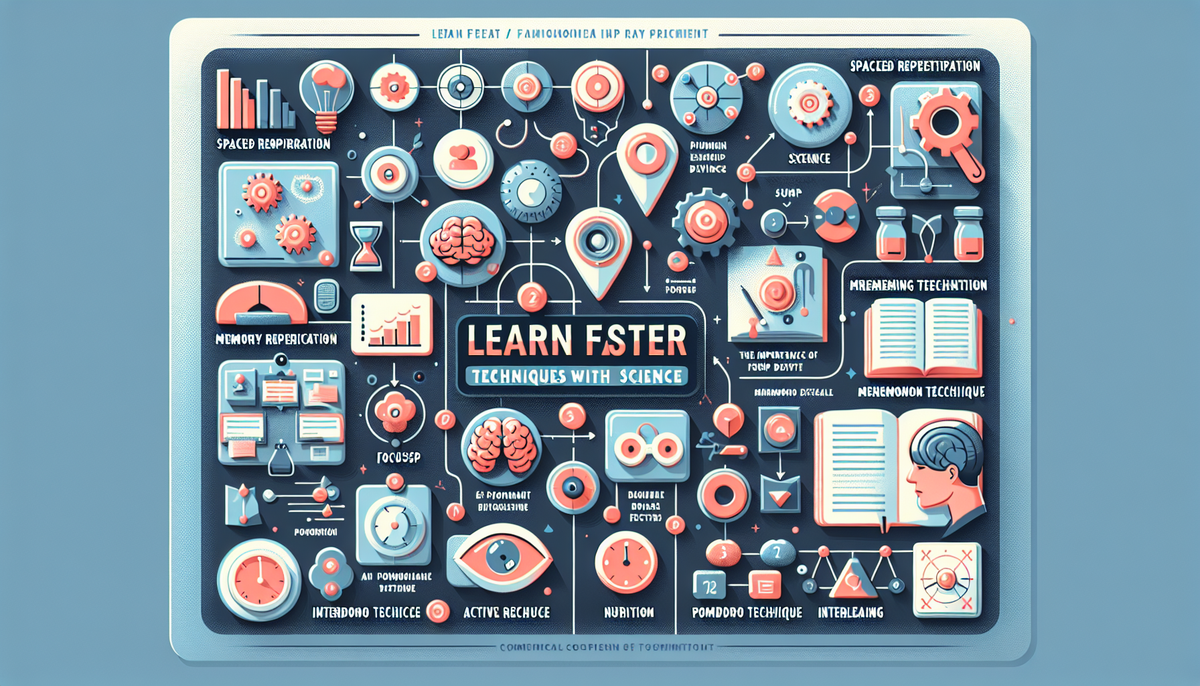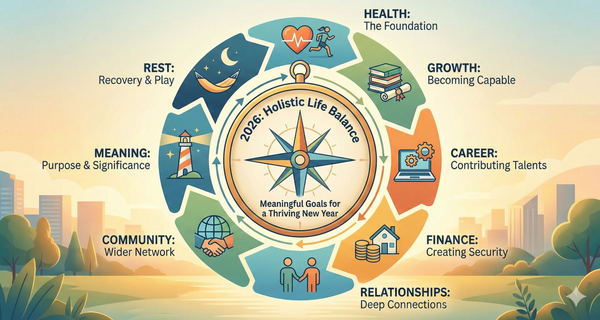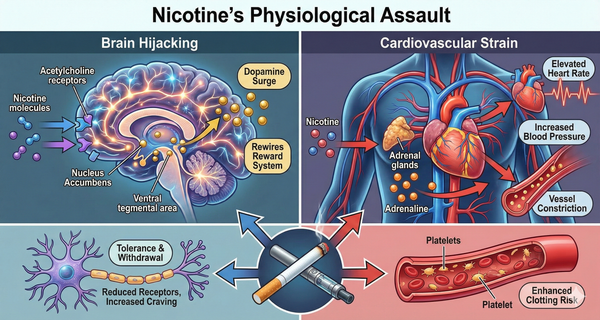Learn Faster: Techniques from Science

Learn Faster: Techniques from Science
In a world of constant change, the ability to learn quickly and effectively is a superpower. Whether you're a student, a professional, or simply a curious individual, mastering the art of learning can unlock your full potential. This article will guide you through scientifically-backed techniques to help you learn faster, study smarter, and retain information more effectively.
Master Your Memory: The Foundation of Rapid Learning
A strong memory is the bedrock of learning. These techniques will help you strengthen your ability to recall information.
Spaced Repetition: Learn and Never Forget
Spaced repetition is a powerful technique that involves reviewing information at increasing intervals. The "spacing effect" has been shown to be highly effective for long-term retention. Instead of cramming, review new concepts after a day, then a few days, then a week, and so on. This method strengthens the neural pathways associated with the memory, making it easier to recall in the future.
The Feynman Technique: The Power of Teaching
Named after Nobel laureate Richard Feynman, this technique involves explaining a concept in simple terms as if you were teaching it to someone else. This process forces you to identify gaps in your own understanding. If you can't explain it simply, you don't understand it well enough. This is one of the best memory tips for deep and lasting comprehension.
Mnemonic Devices: Your Brain's Shortcut
Mnemonics are memory aids that help you link new information to something you already know. These can be acronyms, rhymes, or even vivid mental images. For example, to remember the order of the planets, many of us learned the mnemonic "My Very Educated Mother Just Served Us Noodles."
Optimize Your Brain: Lifestyle Tweaks for Better Learning
Your brain's performance is intrinsically linked to your overall health. These lifestyle adjustments can enhance your cognitive abilities.
The Role of Sleep in Memory Consolidation
Sleep is not just for resting. It's during sleep, particularly deep sleep, that your brain consolidates memories, transferring them from short-term to long-term storage. A lack of quality sleep can severely impair your ability to learn and remember new information. Aim for 7-9 hours of quality sleep per night to optimize your learning potential.
Fuel Your Brain: Nutrition for Cognitive Performance
Your brain consumes a significant amount of your body's energy. A diet rich in brain-boosting foods can improve focus, memory, and overall cognitive function. Foods rich in omega-3 fatty acids, antioxidants, and flavonoids, such as fatty fish, blueberries, and dark chocolate, are excellent choices to fuel your brain for learning.
Move Your Body, Boost Your Brain: The Impact of Exercise
Physical activity increases blood flow to the brain, which can improve memory and cognitive function. Exercise also stimulates the release of brain-derived neurotrophic factor (BDNF), a protein that promotes the growth of new neurons and synapses. Even a short walk can have a positive impact on your ability to learn faster.
Focused Learning: Strategies for Deep Understanding
In our distraction-filled world, the ability to focus is a critical skill for effective learning. These strategies will help you achieve deep concentration.
Active Recall: Test Yourself to Learn Better
Active recall is the process of actively retrieving information from your memory. Instead of passively rereading your notes, test yourself. Use flashcards, do practice questions, or simply try to recall the information without looking at your notes. This process strengthens the memory and makes it easier to retrieve in the future.
Block Out Distractions: The Pomodoro Technique
The Pomodoro Technique is a time management method that can help you maintain focus. Work in focused 25-minute intervals, separated by short breaks. This technique helps to prevent mental fatigue and keeps you on task, allowing you to study smarter and more efficiently.
Interleaving: Mix Subjects to Enhance Learning
Interleaving is the practice of mixing different subjects or topics during a study session. For example, instead of spending a whole day on math, you could switch between math, history, and science. This method forces your brain to work harder to retrieve information, which leads to stronger and more durable learning.
Conclusion
To learn faster is not about having a "photographic" memory or a genius-level IQ. It's about using the right techniques. By incorporating spaced repetition, the Feynman technique, and mnemonic devices into your study routine, optimizing your lifestyle for brain health, and using focused learning strategies like active recall and the Pomodoro Technique, you can significantly enhance your ability to learn and retain new information. Start implementing these science-backed strategies today and unlock your true learning potential.




